This Religion Called Christianity 8
Mike Ervin
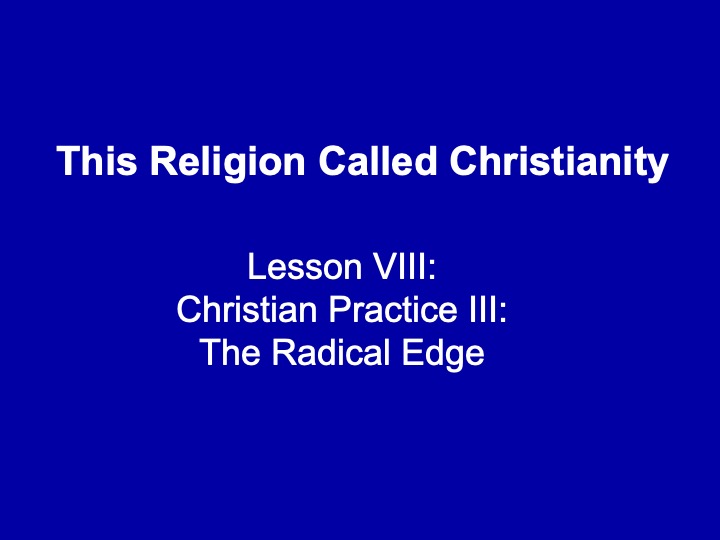
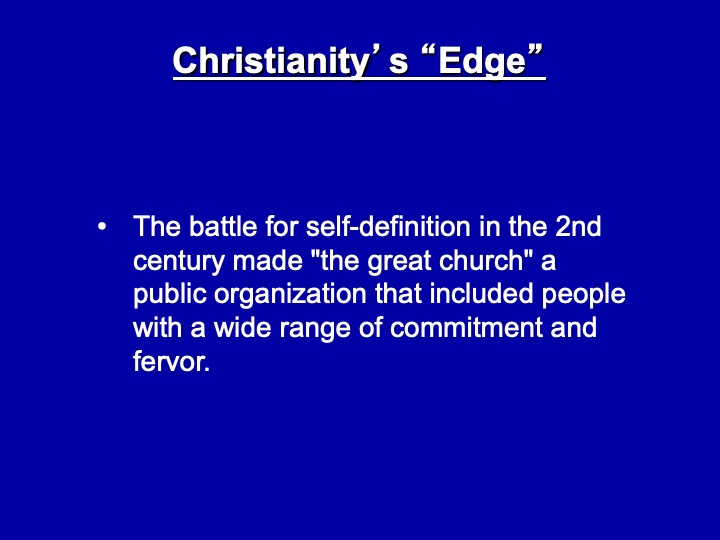
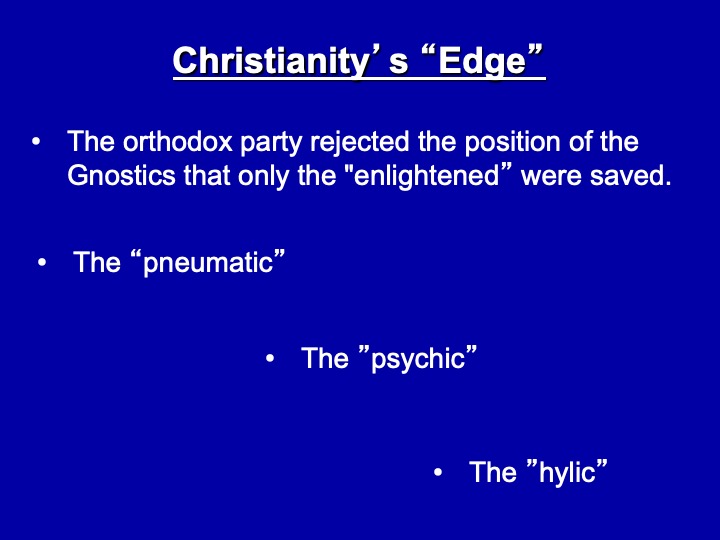
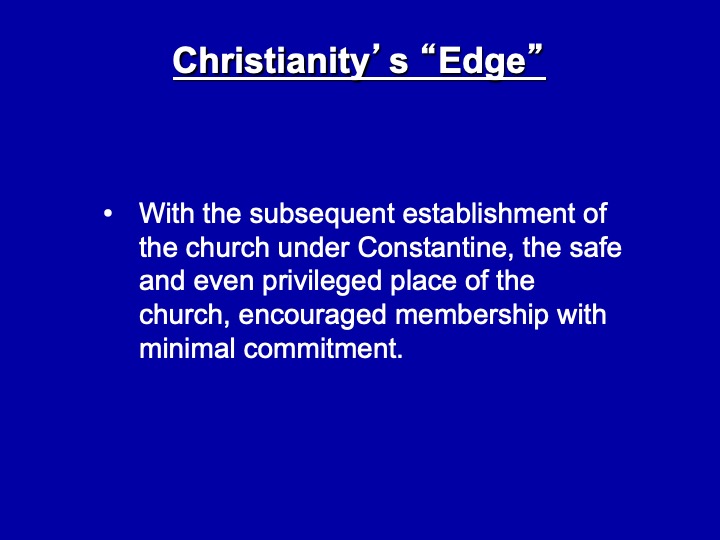
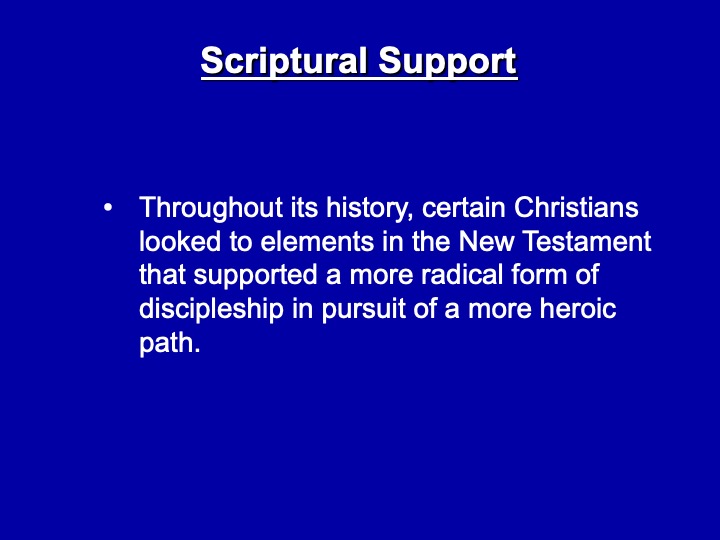
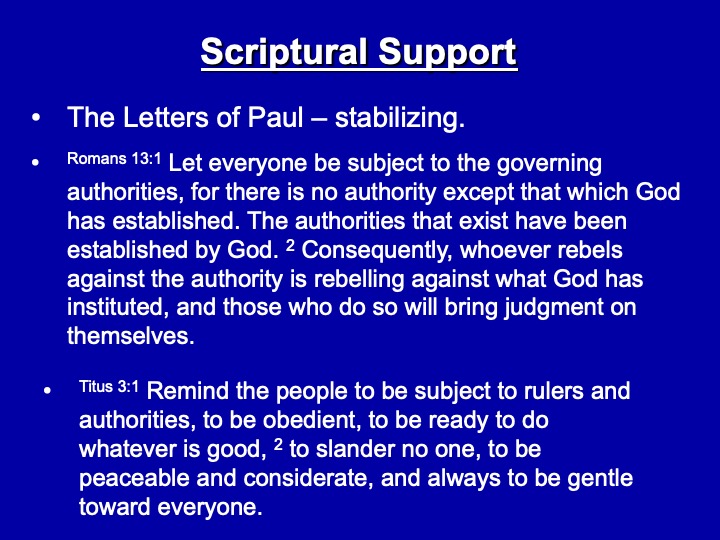
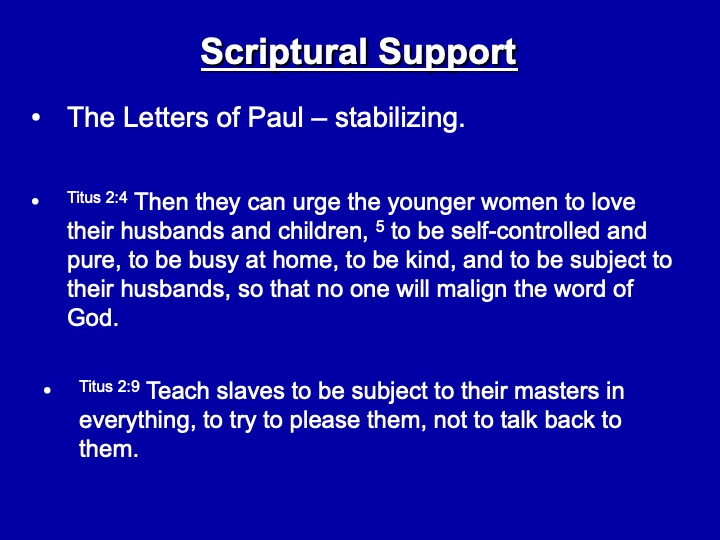
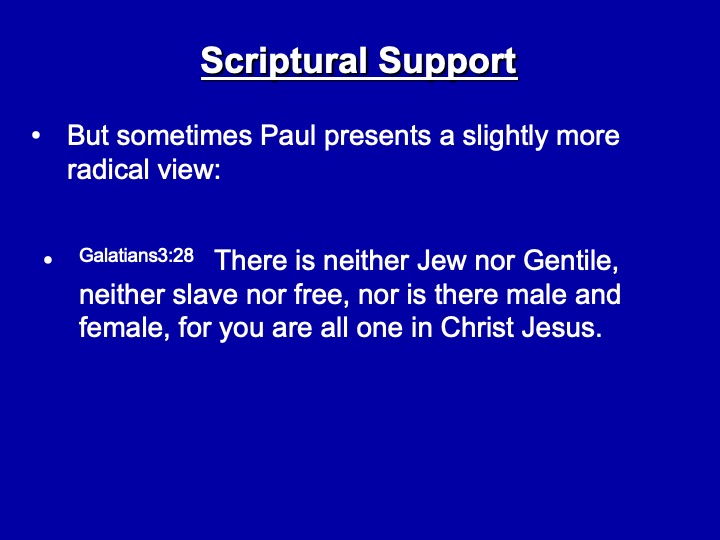
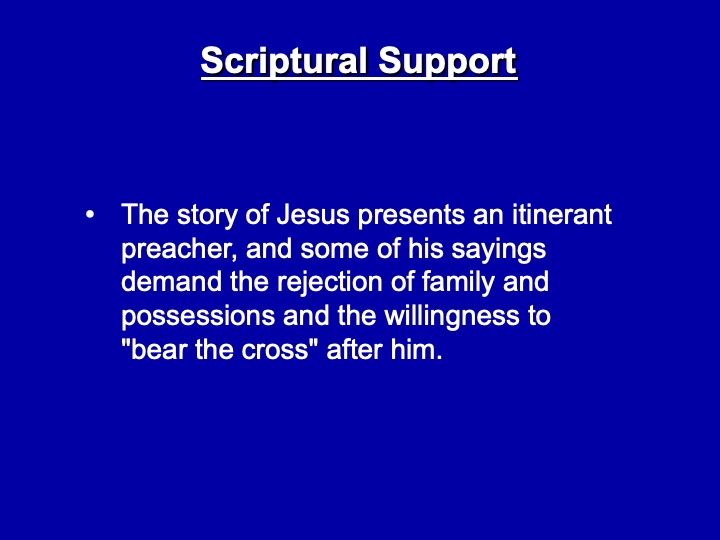
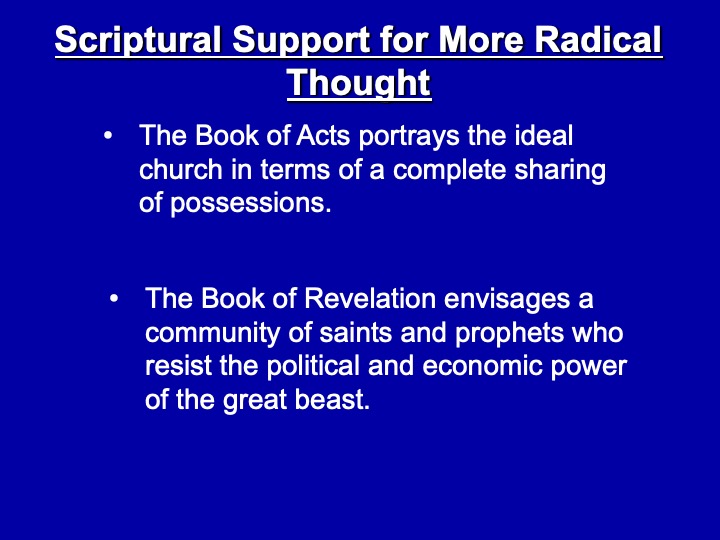
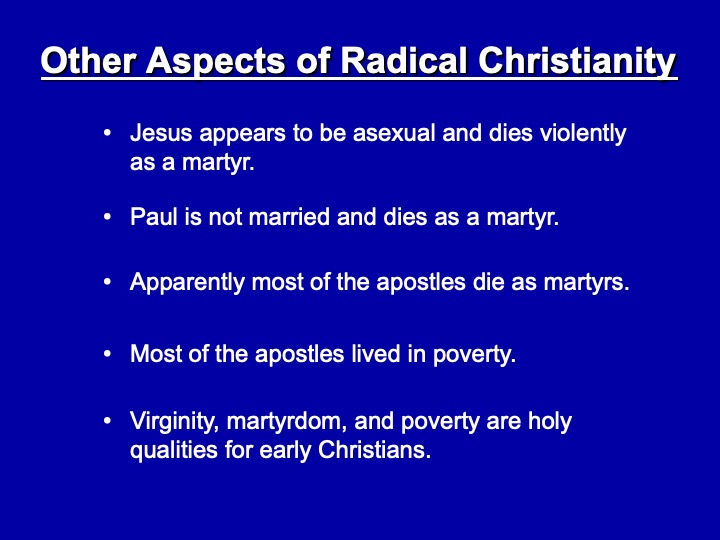
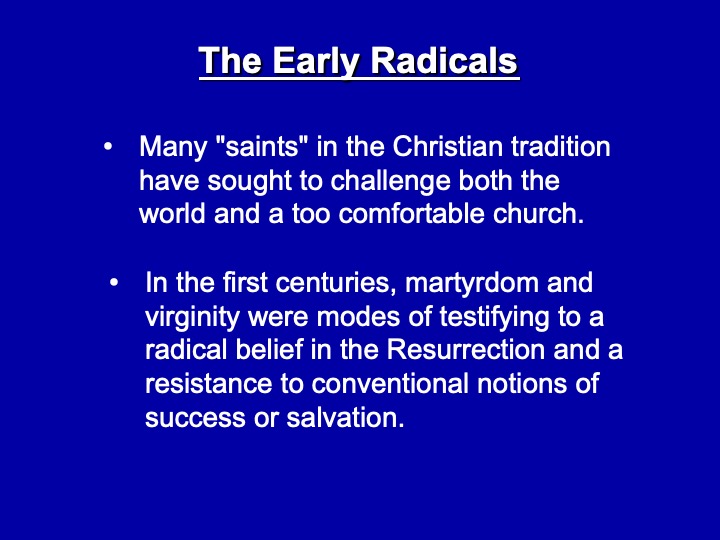
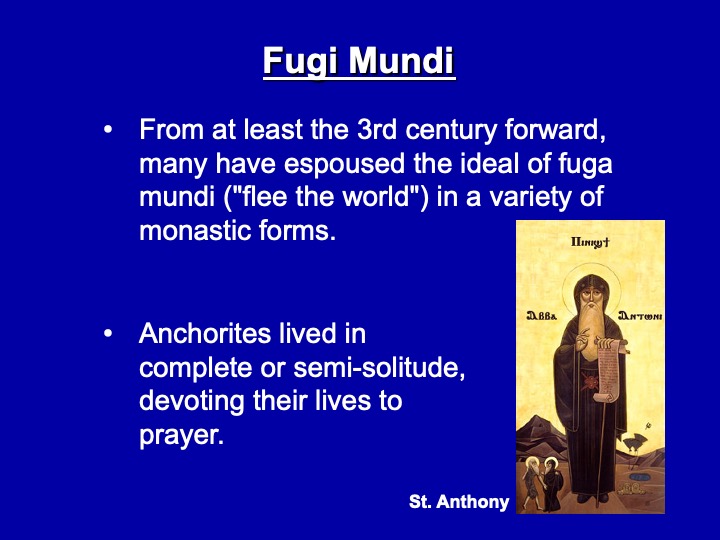
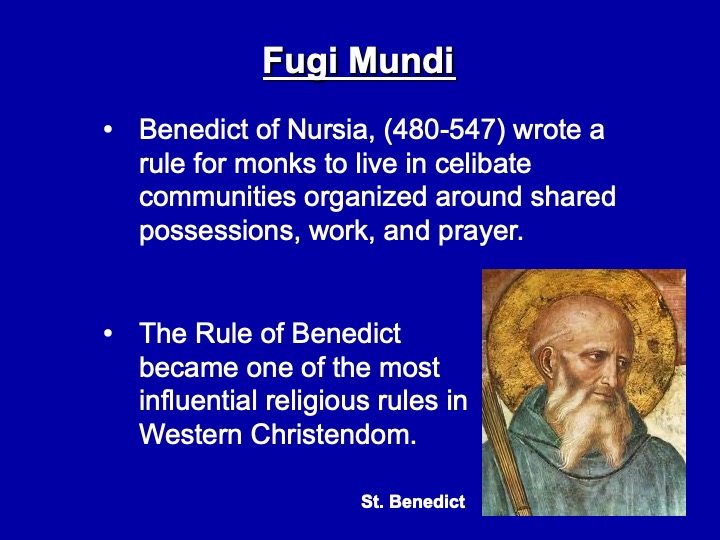
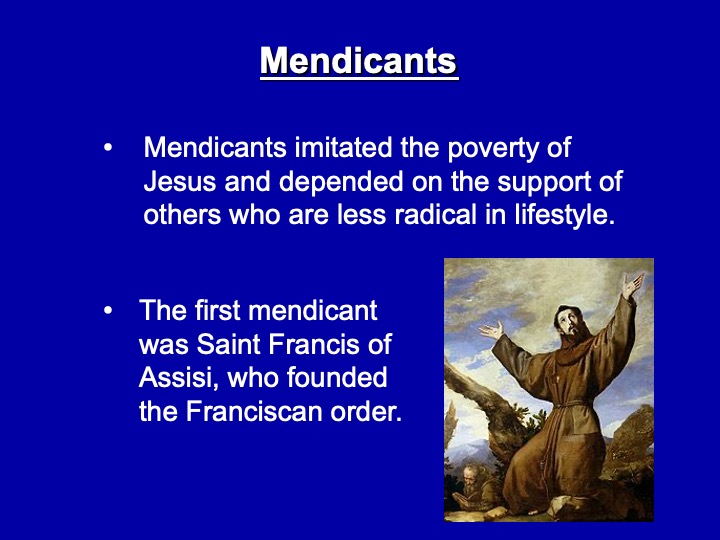
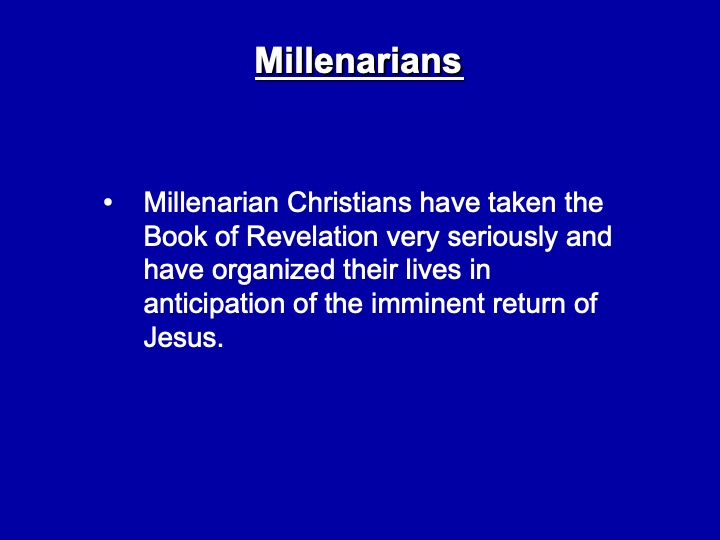
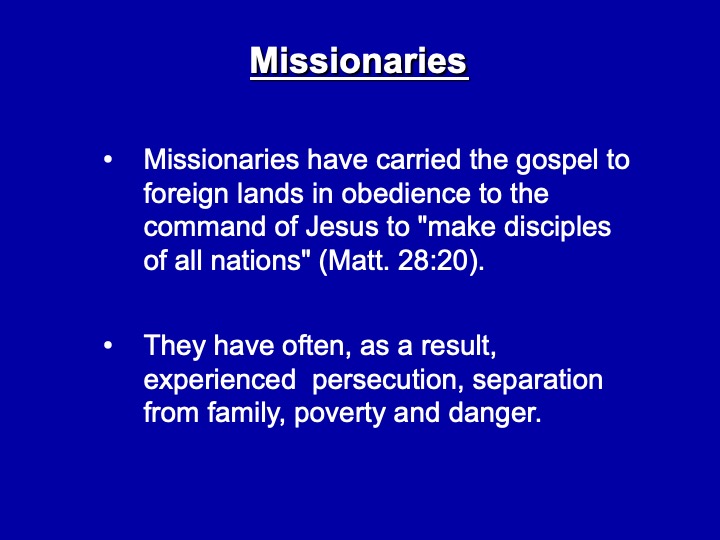
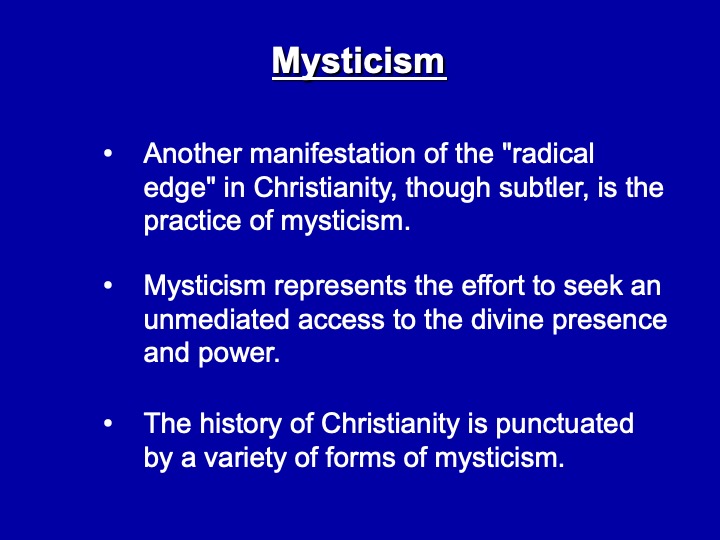
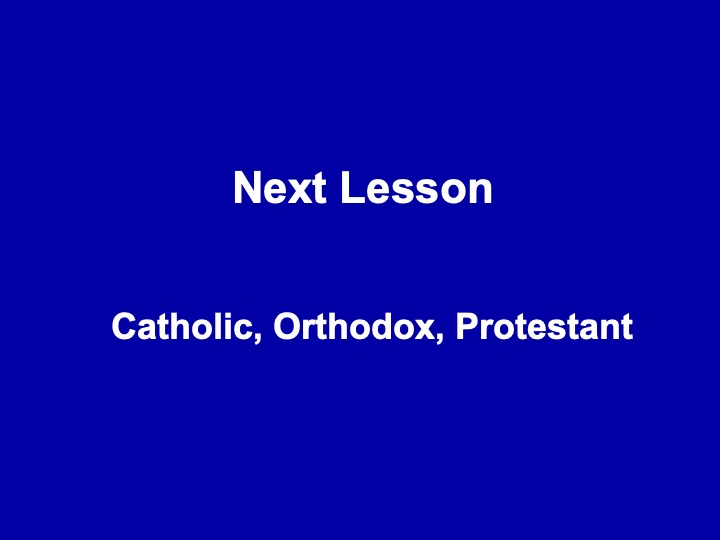
This Religion Called Christianity 8
Links
< Home Page > < This Religion Called Christianity >
This Religion Called Christianity: Lesson 8:
Christian Practice III: The Radical Edge
One of the interesting things about religions is that they tend to stabilize the world. Religions, by the way they explain the world to their adherents, tends to be conservative and helps preserve the way things are. And like other religions Christianity has a great deal within it that stabilizes the world. We have reviewed the Christian story, the one that all Christians study, and it creates a coherent view of the world and of history and of humans place within it. And of human destiny in a future world. And we studied how the Christian creed articulates that vision in terms of a God who is intrinsically involved with humans and promises them a share in God’s life. The Christian church and the sacraments and worship practices provide a secure sense of sacred time and space. And however complex, we saw in our last class that Christian moral teachings provides guidance in their behavior.
But most religions have another aspect which is more disruptive, rather than stabilizing. And Christianity also has that dimension, which is more destabilizing, not just of the world but of the tradition.
This Religion Called Christianity
Today we talk about Christian practice III – The Radical Edge.
Now what do we mean by the radical edge. We are talking about a certain, smaller number of Christians, who just don’t want to practice with the majority, but do something different. Now there is no intended value judgment about whether these more radical Christians are better or worse = but they are definitely different – and the church has sometimes sometimes honored them and sometimes had difficulty with them.
Christianity’s “Edge”
• The battle for self-definition in the 2nd century made "the great church" a public organization that included people with a wide range of commitment and fervor.
• The orthodox party rejected the position of the Gnostics that only the "enlightened” were saved.
• The “pneumatic”
• The ”psychic”
• The ”hylic”
• A. The orthodox party rejected the position of the Gnostics that only the "enlightened" (or pneumatic) were saved, while the psychic had some chance, and the "ordinary people" (the hylic) had no future.
• The pneumatic were the gnostics themselves – those that had that spark of awareness that they were children of the light and that they could flee back to the light, shedding their evil bodies on the evil earth.
• The second group was the psychic people. Not yet aware but smart enough to be savable by the Gnostics.
• But the vast majority were the hylic – the mud people. Totally hopeless – no chance of redemption because they would just never get it. They were simply the herd.
• Now in rejecting that very elitist view of reality the orthodox opened itself to all levels of humanity. Not just the most intelligent, but also the most ignorant. Not just the powerful, but also the powerless. Not just the wealthy, but the extremely poor.
• So Christianity defined itself as being catholic, with a small c, having a universal embrace. What happened as a result however is that what it gained in universality, it lost in terms of edge – or in terms of excellence.
This Religion Called Christianity
Christianity’s “Edge”
• With the subsequent establishment of the church under Constantine, the safe and even privileged place of the church, encouraged membership with minimal commitment.
• And when Christianity was subsequently made the established church of the Roman Empire – the safe and even privileged position of the church encouraged membership with minimal commitment.
• The age of martyrs is now over – the church is now even an advantageous organization to belong to. To be a Bishop, which used to be almost a death sentence, was now an important position – a public and even significant social position within the empire. This kind of safety is on one side good news– we are glad we are not getting killed anymore.
• But with safety and high social status also arises the danger of smugness and of even mediocrity. What happens to Christianity’s edge – what happens to wanting to be excellent – even when it is difficult or dangerous.
• Is to be Christian simply to have a place in society – and that’s it?
• So throughout its history since the time of Constantine certain Christians began to ask those questions – and in seeking answers turned to some parts of scripture looking for an answer to how could they practice a more heroic form of Christianity
• So they turned to certain verses in the New Testament. So let’s start by looking at some of the verses they tended to focus on.
This Religion Called Christianity
Scriptural Support
• Throughout its history, certain Christians looked to elements in the New Testament that supported a more radical form of discipleship in pursuit of a more heroic path.
• <Scope: From the very beginning, Christianity has struggled to reconcile impulses that tend toward adapting to the world and impulses that tend to challenge or even abandon the world. The tension between conservative and radical tendencies can be observed in the ministry of Jesus, in the writings of Saint Paul, and in the Book of Revelation. As Christianity both in the East and West adapted itself to the structures of society, certain Christians maintained the radical edge in their manner of life. In their distinct ways, the martyrs, the monks, the mendicants, and the missionaries all illustrate a commitment to an understanding of the gospel at odds with society and even the domesticated church. And the tradition of mysticism has been equally, if less visibly, subversive of worldly Christianity.
• The Letters of Paul – stabilizing.
• Romans 13:1 Let everyone be subject to the governing authorities, for there is no authority except that which God has established. The authorities that exist have been established by God. 2 Consequently, whoever rebels against the authority is rebelling against what God has instituted, and those who do so will bring judgment on themselves.
• Titus 3:1 Remind the people to be subject to rulers and authorities, to be obedient, to be ready to do whatever is good, 2 to slander no one, to be peaceable and considerate, and always to be gentle toward everyone.
• Titus 2:4 Then they can urge the younger women to love their husbands and children, 5 to be self-controlled and pure, to be busy at home, to be kind, and to be subject to their husbands, so that no one will malign the word of God.
• Titus 2:9 Teach slaves to be subject to their masters in everything, to try to please them, not to talk back to them.
• But sometimes Paul presents a slightly more radical view:
• Galatians3:28 There is neither Jew nor Gentile, neither slave nor free, nor is there male and female, for you are all one in Christ Jesus.
• Here Paul takes the 3 great status markers of antiquity: Male/female, ethnicity – Jew/Greek, and social status – Master/slave and basically says – none of these matter any more.
• The gift of the Holy Spirit. And told us that we would all be gifted by the Holy Spirit. If the lowliest an most educated of us might be gifted with wisdom to understand – the we don’t need priest to do it for us.
• The story of Jesus presents an itinerant preacher, and some of his sayings demand the rejection of family and possessions and the willingness to "bear the cross" after him.
• The story of Jesus presents an itinerant preacher, and some of his sayings demand the rejection of family and possessions and the willingness to "bear the cross" after him.
• Jesus is not a teacher that is at home with a family - he lives on the road. And on the road with a group of followers who depend on the gifts of others to live. He said – “the son of man has no place to lay his head”. He tells people to not reject their family, actually to hate family, and give up all their possessions and bear the cross.
• He tells a rich young man who approaches him and asks how to be saved – keep the commandments. And when the man says I’ve done all that, what else do I need to do he responds sell all of your possessions and follow me. So Jesus seems to be suggesting a life of radical poverty.
• In Matthew chapter 19 right after Jesus saying there should be no divorce his followers were shocked and said “this is hard” maybe we should not even marry. And Jesus responds by talking about becoming a eunuch for the kingdom of heaven, that is becoming a person who is asexual.
• So the demands of Jesus sometimes seem impossible to fill if one is part of a family, part of a household or a normal citizen of a state.
This Religion Called Christianity
Scriptural Support for More Radical Thought
• The Book of Acts portrays the ideal church in terms of a complete sharing of possessions.
• The Book of Revelation envisages a community of saints and prophets who resist the political and economic power of the great beast.
Other Aspects of Radical Christianity
• Jesus appears to be asexual and dies violently as a martyr.
• Paul is not married and dies as a martyr.
• Most of the apostles lived in poverty.
• Virginity, martyrdom, and poverty are holy qualities for early Christians.
The Early Radicals
• Many "saints" in the Christian tradition have sought to challenge both the world and a too comfortable church.
• In the first centuries, martyrdom and virginity were modes of testifying to a radical belief in the Resurrection and a resistance to conventional notions of success or salvation.
Fugi Mundi
• From at least the 3rd century forward, many have espoused the ideal of fuga mundi ("flee the world") in a variety of monastic forms.
• Anchorites lived in complete or semi-solitude, devoting their lives to prayer.
• The Desert Fathers were hermits, ascetics, monks, and nuns (Desert Mothers) who lived mainly in the Scetes desert of Egypt beginning around the third century CE. The most well known was Anthony the Great, who moved to the desert in 270–271 CE and became known as both the father and founder of desert monasticism. By the time Anthony died in 356 CE, thousands of monks and nuns had been drawn to living in the desert following Anthony's example—his biographer, Athanasius of Alexandria, wrote that "the desert had become a city".[1]
• The Desert Fathers had a major influence on the development of Christianity. The desert monastic communities that grew out of the informal gathering of hermit monks became the model for Christian monasticism. The eastern monastic tradition at Mt. Athos and the western Rule of St. Benedict both were strongly influenced by the traditions that began in the desert. All of the monastic revivals of the Middle Ages looked to the desert for inspiration and guidance. Much of Eastern Christian spirituality, including the Hesychast movement, had its roots in the practices of the Desert Fathers. Even religious renewals such as the German Evangelicals, the Pennsylvania Pietists, and the Methodist revival in England are seen by modern scholars as being influenced by the Desert Fathers.[2]
• Wadi El Natrun (Arabic for "Natron Valley"; Coptic:Ϣⲓϩⲏⲧ Shee-Hyt; Greek: Scetis or Scetes) is a valley located in Beheira Governorate, Egypt, including a town with the same name. The name refers to the presence of eight different lakes in the region that produce natron salt. The modern chemical symbol for sodium, Na, is an abbreviation of that element's Latin name natrium, which was derived from natron. In Coptic, the region was known as Shee-Hyt, meaning the balance of the hearts or the measure of the hearts. In Greek, it is known as Scetes, which means the ascetics. In Christian literature, the region is also referred to as the Nitrian Desert. In ancient times, natron was mined here for use in Egyptian burial rites. It is believed that the Holy family visited Wadi El Natrun during their flight into Egypt.
• Natron is a naturally occurring mixture of sodium carbonate decahydrate (Na2CO3·10H2O, a kind of soda ash) and about 17% sodium bicarbonate (also called nahcolite[1] or baking soda, NaHCO3) along with small quantities of household salt (halite, sodium chloride) and sodium sulfate.
Mendicants
• Mendicants imitated the poverty of Jesus and depended on the support of others who are less radical in lifestyle.
• The first mendicant was Saint Francis of Assisi, who founded the Franciscan order.
• At the end of this period (on February 24, 1209, according to Jordan of Giano), Francis heard a sermon that changed his life. The sermon was about Matthew 10:9, in which Christ tells his followers they should go forth and proclaim that the Kingdom of Heaven was upon them, that they should take no money with them, nor even a walking stick or shoes for the road.[2] Francis was inspired to devote himself to a life of poverty.[2]
• 9 “Do not get any gold or silver or copper to take with you in your belts— 10 no bag for the journey or extra shirt or sandals or a staff, for the worker is worth his keep. 11 Whatever town or village you enter, search there for some worthy person and stay at their house until you leave.
Millenarians
• Millenarian Christians have taken the Book of Revelation very seriously and have organized their lives in anticipation of the imminent return of Jesus.
• This belief often leads to disaster, as exemplified in recent history by the tragedy of the Heavens Gate cult and in David Koresh and the Branch Davidians in Waco. But a still growing and successfujl millinarian movement is the Jehovah's Witnesses.
Missionaries
• Missionaries have carried the gospel to foreign lands in obedience to the command of Jesus to "make disciples of all nations" (Matt. 28:20).
• They have often, as a result, experienced persecution, separation from family, poverty and danger.
• Throughout Christian history missionary work has been extremely dangerous. All missionaries know this and yet they go.
• Missionaries leave family and relative safety and go to the very outskirts of civilization. Many of the over 10,000 saints of the Catholic church were missionaries who gave up their lives in this dangerous work. This was especially true for the French missionaries to North America and the Spanish missionaries to South America as the New World was opening up.
• And it has not stopped. The Catholic church just reported that in 2009 39 missionary priests in North and South America were murdered. That is slightly higher than a typical year, but not by much. I do not have the statistics for the middle east or Africa Asia but it continues to happen there also.
Mysticism
• Another manifestation of the "radical edge" in Christianity, though subtler, is the practice of mysticism.
• Mysticism represents the effort to seek an unmediated access to the divine presence and power.
• The history of Christianity is punctuated by a variety of forms of mysticism.
Finally we seem to be dealing with nothing bt M’s after covering Monks, Mendicants, Millenarians, and Missionaries but we wrap up with Mystics.
Another manifestation of the "radical edge" in Christianity, though subtler, is the practice of mysticism.
- In every religion, mysticism represents the effort to seek an unmediated access to the divine presence and power. By its nature, mysticism threatens the ordinary structures of sacred mediation.
- By its very nature mysticism threatens the ordinary way the church tries to mediate holiness. Most of the emphasis is on prayer and meditation, without need of clergy. Mystics tend to be individualistic, not communal. The emphasis of mystics in internal, not external. And the emphasis is on the spiritual, not the physical. To oversimplify mystics continue some of the traditions of Gnosticism within the larger church. The church has always been in tension to devout mystics.
B. Jesus and Paul were themselves undoubtedly mystics. Jesus in his baptism and in his transformation . Paul in the road to Damascus and in 1 Corint 12 .
In the 14th centuries and going forward were the great English mystics, and the mystics of the Rhineland like Meister Eckert and Hildegard of Bingham. And the Spanish mystics like John of the cross and St Teresa of Avila. The history of Christianity has a rich collection of mystical literature. The mystical tradition does not deny traditional exoteric Christianity but clearly sees it as inadequate.
V. Radical forms of Christianity have served as catalysts of reform, they challenge the status quo and suggest a more excellent path. But they also have a danger of elitism, like Gnosticism suggesting that those who live more ordinary lives, raise families and contribute to the community chest are somehow not as heroic as those who practice poverty, obedience, and virginity, or did but they have also, at times, served as causes of division.
Next Lesson
Catholic, Orthodox, Protestant